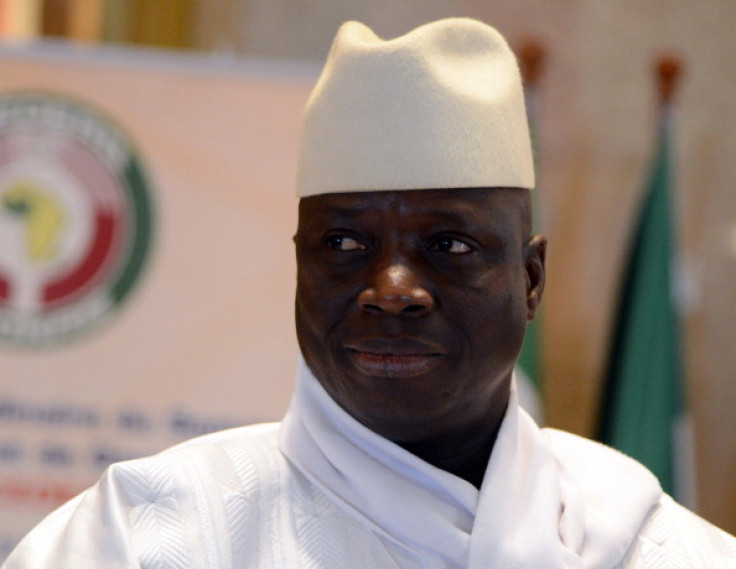Gambia: Activists condemn drumming music and dance ban during Ramadan

Gambian activists have condemned their government's decision to ban music, drumming and dancing during Ramadan, Islam's holiest month, which started on 6 June. Earlier this month, the inspector general of police released a statement informing citizens that events involving "drumming, music and dance during the day or at night are prohibited."
Those who defy the ban will face imprisonment, continued the statement, which then encouraged people to report those who do not observe the ban.
"[The ban] is ridiculous and divisive. Gambia is a secular state based on constitutional rule and there is nowhere in the constitution that states such bans,"Ansumana Ceesay, a UK-based Gambian blogger and activists told IBTimes UK. "Christians use drums and musical instruments during their services and all that has been banned."
He added rumours are circulating that some Gambian Christians have been arrested for using drums during religious functions.
IBTimes UK understands that Christian pastors visited the office of the inspector general of police to discuss the ban. "Christians are free to worship throughout the country," said the religious leaders in a statement. "Christian weddings, first communions, confirmations and other events may also go on as usual. Christians are however encouraged as has always been done to respect to observance of the month of Ramadan by our Muslim brothers and sisters and to desist from activities that will be deliberately provocative or disturbing to the peace."
However, Yusef Taylor, activist and journalist at Gainako News, told IBTimes UK that Police Intervention Unit officers "entered churches on Sunday [12 June] to stop drumming."
Islamic Republic and current protests
At least 90% of the Gambian population, (1,694,205 out of 1,882,450) practice Islam. In December 2015, Gambian President Yahya Jammeh declared the country would become an Islamic republic, to get rid of its "colonial legacy". The country had already withdrawn from the Commonwealth, stating it would never be a member of any neo-colonial institution.
Jammeh, in power since 1994, has often been accused of violating human rights and cracking down on dissidents, journalists and activists. In recent months, the country has been rocked by demonstrations calling for electoral reforms and the stepping down of Jammeh.
Authorities deemed the protests as illegal and at least 50 people were arrested amid fears Solo Sandeng, secretary of the opposition United Democratic Party (UDP), died alongside two others while being held in detention.
Amnesty International claimed the country should face suspension from the Economic Community Of West African States (Ecowas) unless it ends a "brutal repression" months ahead of a presidential election, which will be held on 1 December.
© Copyright IBTimes 2024. All rights reserved.







